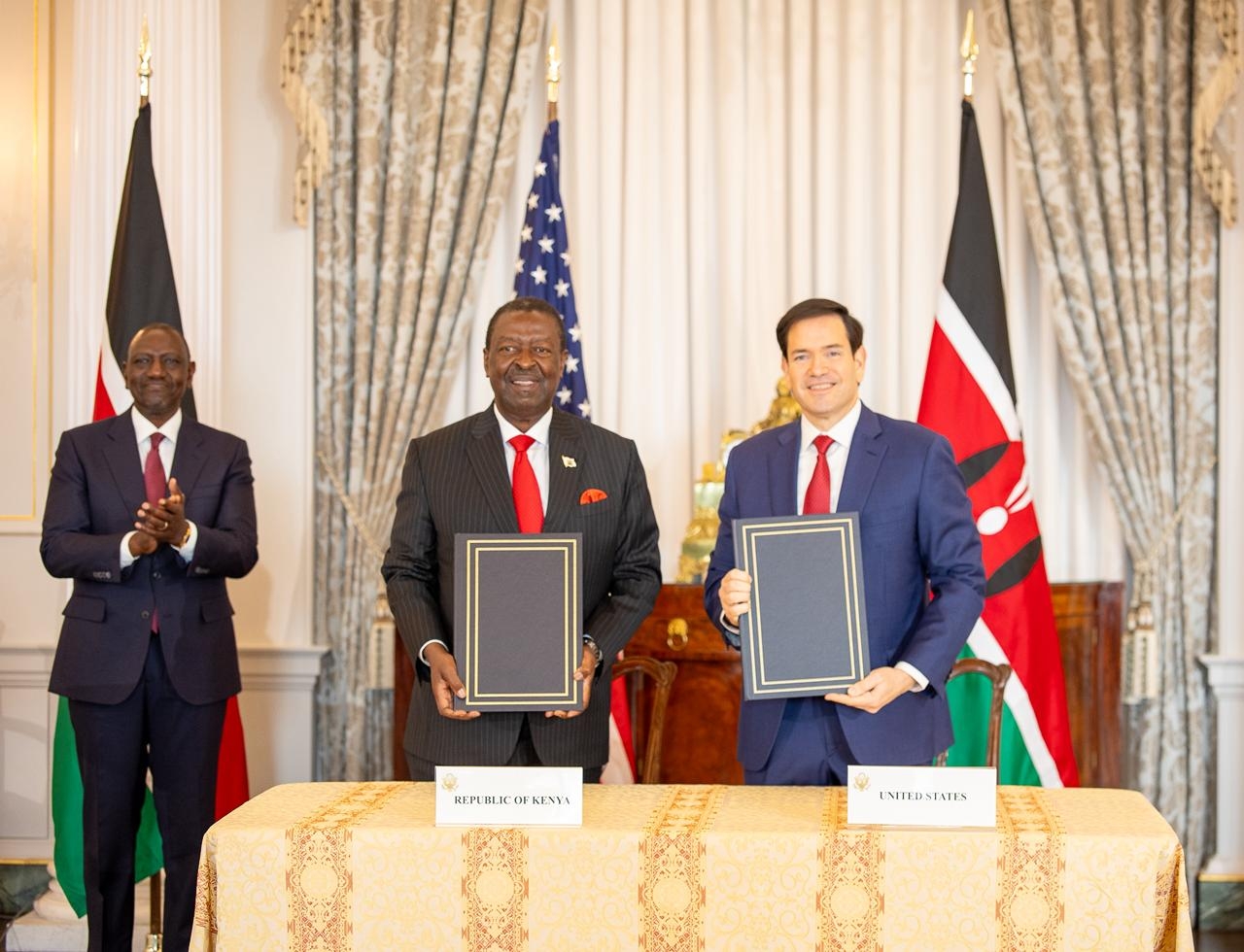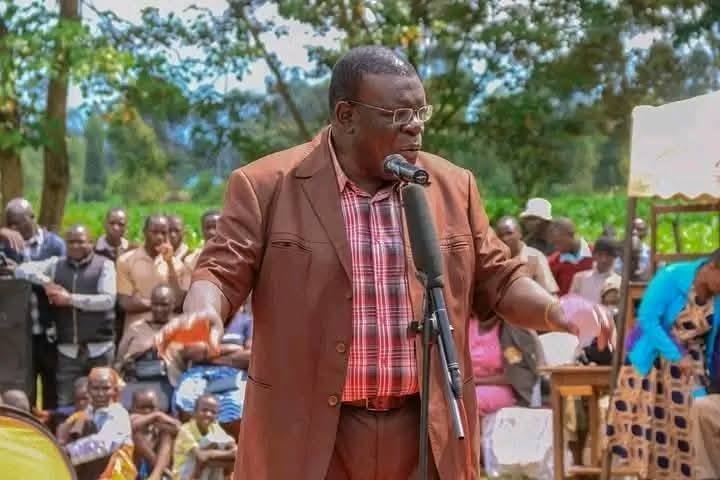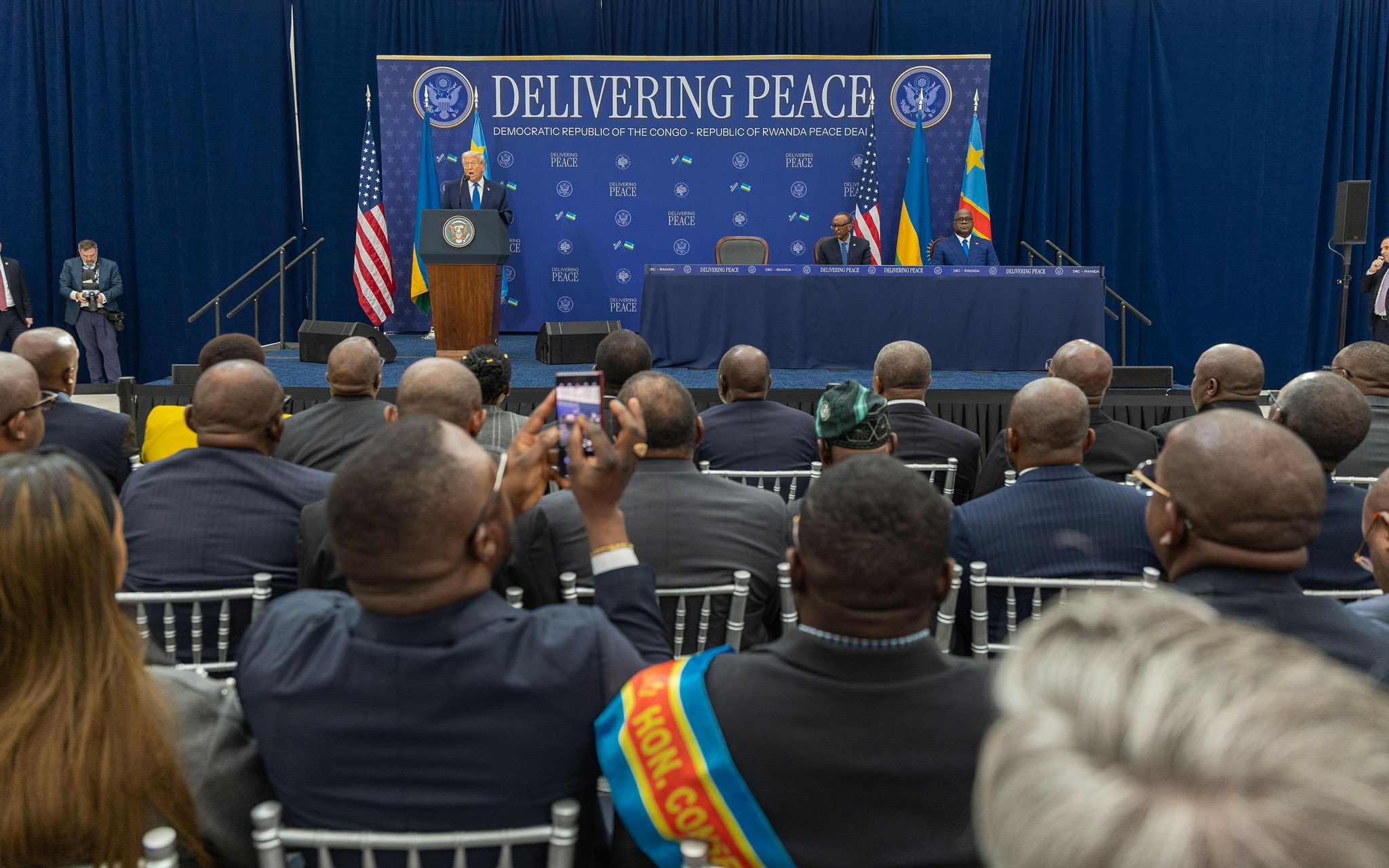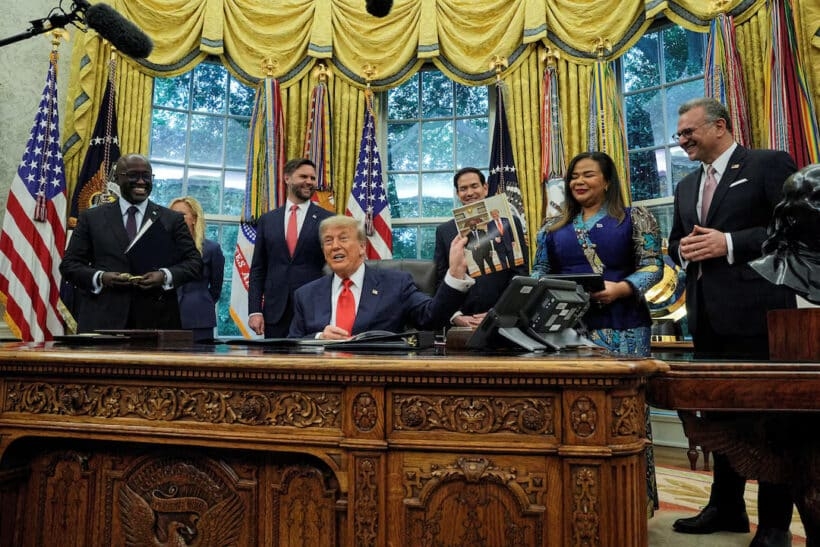The High Court at Nairobi has issued orders to protect prosecution witnesses in the case against National Intelligence Service employees.
In the matter before Kahawa Law Courts, some 12 employees are linked to the disappearance of Sh160 million from the NIS's Njiwa Sacco.
Justice Diana Kavedza said the orders to protect the witnesses are in the interest of justice and the public.
In her ruling, she directed that the witnesses, who the prosecution said are both retired and serving members of NIS testify in camera, or in closed session.
Further, their statements are to be redacted before being supplied to the accused persons.
"The witnesses shall use pseudonyms to be decided upon by the DPP during testimony," she ordered.
The court also directed the trial court, prosecutors, and media to agree during the pre-trial on the modalities of media reporting without jeopardising the safety of the witnesses.
To ensure that they are well protected, the witnesses will be required to use separate entrances and exit from the court premises.
They have also been directed to use a separate door to access the courtroom.
Judge Kavedza ordered the court administrator to provide a separate sitting area for the witnesses other than used by members of the public and the accused.
The witnesses are to be allowed to disguise themselves in the matter which the Director of Public Prosecutions will see fit and for their voices to be distorted.
"The trial court, the DPP, and the defence counsel to agree during pre-trial whether members of the public will be restricted to accessing the courtroom during the trial," the judge further directed.
The court allowed the witnesses to testify from a separate room within the court premises but their evidence to be transmitted audibly in open court.
According to the court document by Kavedza, the case file is to " be kept under lock and key as shall be directed by the Head of Station Kahawa Law Courts".
The DPP had moved to court seeking protection for the witnesses, supported by an affidavit by one of the Investigating Officers in the loss of Sh166,549,379.99 at the Sacco.
In his affidavit, the officer said the disclosure of the witnesses' identities and evidence would jeopardise their security, ongoing active investigations, and their respective undercover duties.
He added that due to the status of the witnesses and their association with NIS, they may have come across very sensitive information.
This, the IO said, is likely to pose a serious security challenge if the trial against the accused is not heard on camera.
After considering the application, the court cited Section 16 of the Witness Protection Act and found that the witnesses fell within its scope.
"The nature and duties of the witnesses, which are mainly undercover, make them vulnerable. The need to protect the witnesses is as important as the protection of the non-derogable right of the respondents to a fair trial," Justice Kavedza said.
'Non-derogable human rights' refers to rights that are absolute and may not be subject to any derogation, even in times of war or emergency.
The accused persons are detained at the Industrial Area remand and Lang'ata Prison pending a bond ruling on October 16.
They include Nicodemus Osiemo, Amos Kipchumba, Caren Chebet, Karen Jepkemoi, Daniel Mberia, Violet Mshoi, Hamisi Zaunga, Eric Rono, Mirriam Nthenya, Tony Muliro Wabomba, Sammy Chahayo and Moses Ntoinya.
They are facing 223 counts of theft, conspiracy to defraud, and forgery before Kahawa senior principal magistrate Boaz Ombewa.













